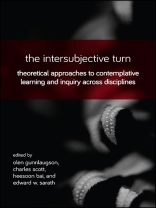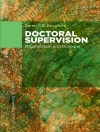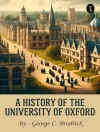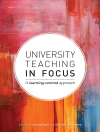Examines key theoretical aspects of the emerging field of second-person contemplative education.
A first of its kind, this book maps out current academic approaches in higher education to second-person contemplative education, which addresses contemplative experience from an intersubjective perspective. Until recently, contemplative studies has emphasized a predominantly first-person standpoint, but the expansion and embrace of second-person methods provides a distinctive learning context in which collective wisdom and shared learning can begin to emerge from dialogue among students and groups in the classroom. The contributors to this volume, leading researchers and practitioners from a variety of institutions and departments, examine the theoretical and philosophical foundations of second-person contemplative approaches to instruction, pedagogy, and curricula across various scholarly disciplines.
Table of Content
Opening the Field: Second-Person Approaches to Contemplative Learning
Olen Gunnlaugson, Charles Scott, Heesoon Bai, and Edward W. Sarath
1. A Conversation on Intersubjective Approaches to Contemplative Inquiry
Mirabai Bush and Olen Gunnlaugson in Conversation
2. A Radical Approach to Second-Person Contemplative Education
Jorge N. Ferrer and Olga R. Sohmer
3. Critical Integral Education: School Counseling
David Forbes
4. Intersubjectivity and Blended-Learning: Turning Learning Spaces to Wisdom’s Place?
Joanne Gozawa
5. Intersubjective Insights from Teaching Contemplative Leadership
Lyn Hartley
6. From Me to We: An Experiment in Critical Second-Person Contemplative Pedagogy
Peter Kaufman and Terry Murray
7. Teaching (and) Being We (and) Not Me: Making Room for Multiple Subjectivities in Teaching Education
David Lee Keiser
8. Per-(Me-Thou)-ability: Foundations of Intersubjective Experience in Contemplative Education
Patricia Morgan
9. Nature, Human Nature, Human-as-Nature: For Cecil
Deborah Orr
10. On Earth as It Is in Heaven: Toward a Nondual, Integral Understanding of Intersubjectivity as Primordial
in Cosmos
Edward W. Sarath
11. Bhakti Yoga as Intersubjective Contemplative Practice
Charles Scott and Heesoon Bai
12. ‘Listening Dangerously’: The Inner Dimensions of Dialogue Training
Judith Simmer-Brown
13. Writing the Cauldron as Intersubjective Practice
Susan Walsh and Heesoon Bai
Contributors
Index
About the author
Edward W. Sarath is Professor of Music and Director of the Program in Creativity and Consciousness Studies at the University of Michigan. He is the author of Music Theory through Improvisation: A New Approach to Musicianship Training.












